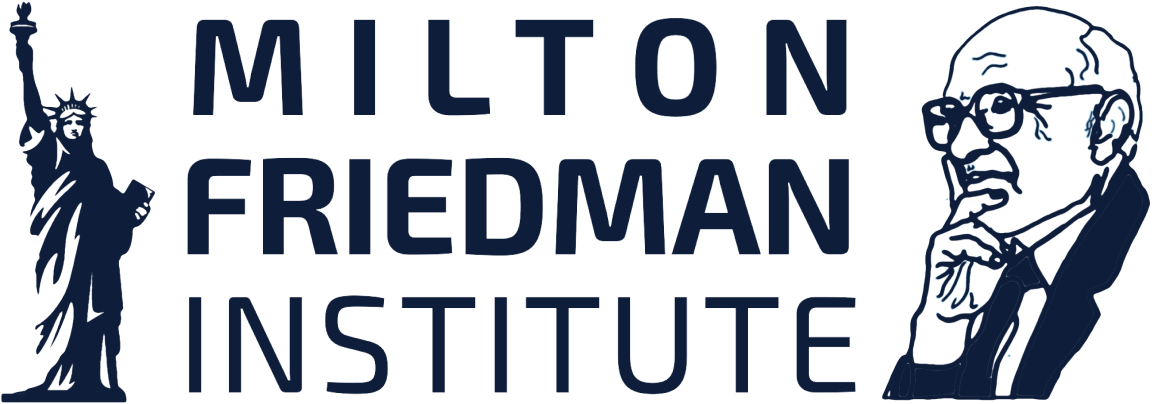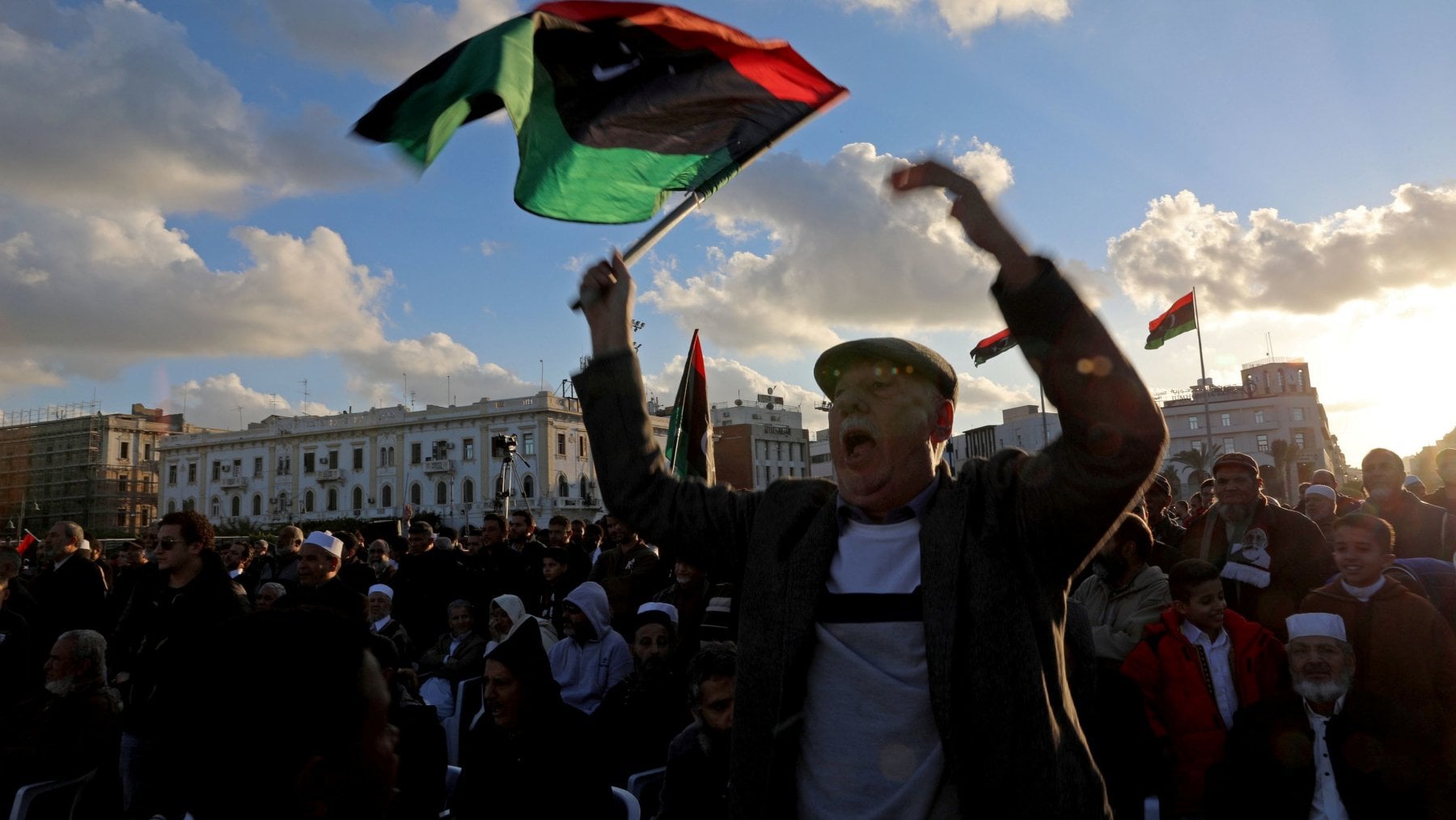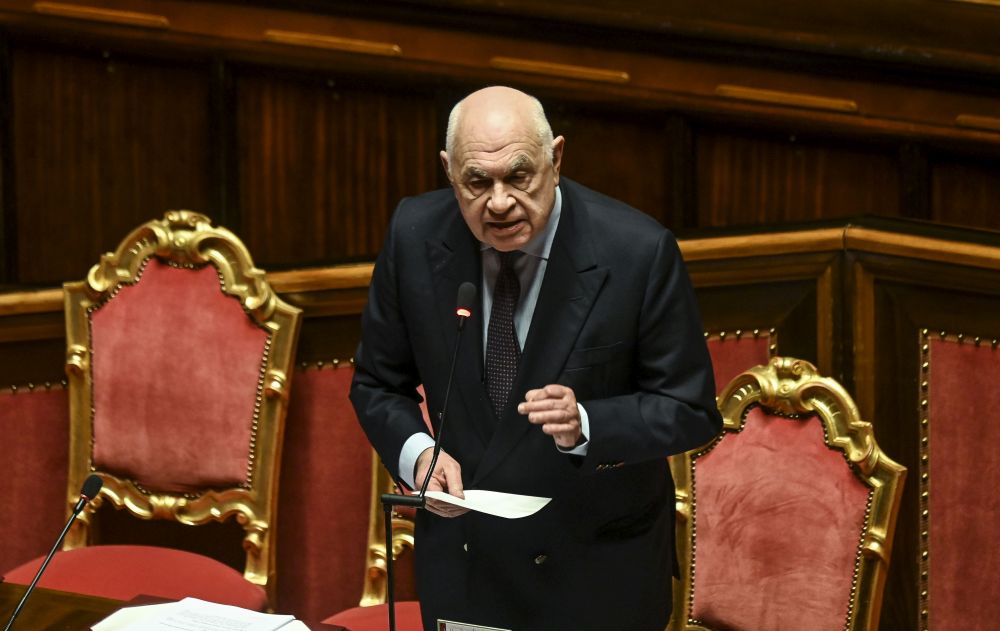By Irina Tsukerman
Has the US Sold Libya Out to Russia and Turkey?
Will Turkey’s geopolitical mission creep split the NATO?
While the information about the full list of terrorists working in or with the GNA is increasingly becoming a matter of public knowledge, and while analysts increasingly speak out on the matter of how the ambivalent and vacillating US policy benefits illegal actions and human right abuses in LIbya, there is a growing body of evidence that far from being undecided and indecisive, US actually had a line, if not quite a policy, of sorts all along. A recent information shows a U nited States Air Force Boeing C-17A landing in Misrata after they shut off their radar system heading south the Mediterranean. This raised a question of whether the US and/or NATO have been assisting GNA. Did the US or NATO also back GNA strikes on Hafter’s retreating forces and the UAE-owned armored vehicles, as well as militias, mercenaries, and civilians left in the wake of the GNA advance?
After all, Turkey is a member of NATO. If US and the NATO as a whole are backing GNA, that puts the US effectively at odds with France which has openly joined Egypt’s anti-Turkey alliance in Eastern Mediterranean, with the goal of countering Turkey’s arms shipments to the militias in Libya. So far, direct clashes have been avoided, but the European vessels in the area have already stopped some shipments from pursuing that route. If France, Turkey, and the United States are on a collision course over this matter, and the US is gingerly siding with Turkey, this could upend – if not end – NATO as we know it.
Indeed, Turkey’s aggressive geopolitical advances have confused and shifted seemingly stable foreign policies and alliances, leaving the NATO members scrambling for the best way to react to the crisis du jour. On the one hand, Turkey made nice with US nemesis Russia, purchased the S-400 missile defense system despite multiple warnings from the United States, ruined relations with practically everyone in the region, and raised Germany’s ire by infiltrating the country with extremist preachers, criminal gangs, and aggressive intelligence operatives. It has started multiple fires on multiple fronts, ran up an Islamist alliance, and is reported to have hired former ISIS members among its militias, while attacking other US allies. Indeed, some of the Benghazi operatives responsible for the murder of the US Ambassador and three other personnel are part of this coalition.
On the other hand, currently Turkey is in a state of hostilities with Russians in various positions and even as it is squaring off against Saudi Arabia by flaunting its growing relationships and investments into other Islamist countries and communities, it is also growing the trade relationship with Israel and negotiating separate settlements concerning gas issues in the Middle East. At what point would the US and NATO be forced to actively choose sides? As with Turkey’s involvement in Syria, there is nothing about NATO structure that compels its members or the organization to side with the member state initiating aggression. However, it does compel them to come to the country’s defense in the event the member state is attacked.
Libya is by far a more ambiguous territory in that sense than Syria, where Turkey invaded the country despite objections from Assad (though his own legitimacy was also questionable due to his own war crimes). Two factors contribute to this scenario: first, the “Government of National Accord” does not actually enjoy nationwide support; most of the country outside the cities is siding with the LNA, and the GNA has in fact appears to have attracted mostly criminals, terrorists, and militias with no national vision. This has become obvious after Hafter’s unexpected withdrawal from victory and Egypt’s President Sissi’s call for ceasefire and a trajectory towards reunifying the country, to which GNA responded with silence and missile attacks on abandoned cities, which resulted in severe civilian casualties. The second issue is that Russia, rather than Turkey is officially on the side of the “rebels”, despite the fact that LNA enjoys far more national and international legitimate support than GNA. Therefore the international opinion and foreign policy is once again split between what’s on paper and the facts on the ground. That gets morally and politically confusing, especially if a country does not have much of a policy to begin with.
The extent of US active presence in Libya escapes media coverage & scrutiny
But let’s rewind. There is a difference between staying out of what appears to be entangled fruitless simmering mess of a conflict with no “world policeman” to call the shots and to give direction, and taking sides by actively supporting one of the parties, in more than just political jargon in international symposia. Whereas the NATO does not yet appear to have a unified position in the matter, and may not wish to get involved as a body, however, it is very clear that the individual members are staking out positions lining up with their individual national interests… which, leaving aside all the other goals and agendas in this conflict, may ultimately end up conflicting to a significant degree.
And these clashes of interests end up causing additional side issues that themselves become influencing tangential factors, such as that the various mercenaries and allies that were supposed to be supporting and arming Field Marshal Hafter, never delivered the war machinery and equipment, effectively swindling him out of $55 million and contributing to his recent and otherwise mysterious defeats and apparent abandonment of positions. At the same time, he has had to abandon a lot of costly weaponry as he retreated. From the US standpoint, there are no perfect allies in this scenario, but the US position entirely consistent with the Trump Doctrine of staying out of the “endless Middle Eastern wars”, or is it rather, exacerbating the endlessness of these conflicts by contributing just enough to fuel them in all the wrong ways without ever having enough of a say to put a decisive end to the “nonsense”?
If so, the US is putting itself on a path of additional conflicts with European allies, while doing itself no favors in any other regard. Its position on Libya has changed multiple times since 2011, but at no point has the US clearly outlined what it is hoping to get out of its involvement or noninvolvement, other than engaging in the magical thinking that someone else will somehow resolve that conflict on US’ behalf and reintegrated Libya into a cohesive entity with some semblance of normalcy. In 2011, NATO had bombed Libya. Now, some of the same terrorists that were attacked by the US and its allies are being sent to Libya by Turkey with the tacit acquiescence from the US. But let’s review how much has actually changed since those days. Since those early days, many US flights and SOF troops have been seen in Misrata, aligning with the tribes and the government that later became the GNA.
According to a source who had tracked these flights and developments, it’s not that the US had an inconsistent policy but that it had a dual policy. In public, the US administrations vacillated between public support, silence, and switching various sides, but since 2011, US had some level of support in the area. According to the source, since the Obama administration numerous US flights and SOF troops have made their way into Mistrata. The policy of providing military support, somewhat similar but perhaps more involved than the logistical and intelligence support allotted to the Arab Coalition in Yemen, continued when the Mistrata troops took over Sirte for the second time from ISIS.
At the time, US backed the anti-ISIS operation with airstrikes. The central theme to US foreign policy since the Obama administration has been focused on countering ISIS, and to the lesser extent, Al Qaeda, almost always to the exclusion or sometimes with the assistance of other, state-backed threats. The same pattern is observed in Iraq, Syria, and Yemen. Subsequently, the contacts between AFRICOM and the Mistrata militias were never suspended and continued for the last four years, even as Hafter had emerged to challenged the GNA and its affiliates in 2015, shortly before these operations. These contacts included continued military assistance, engagements in political talks regarding the Libyan civil war, as well as other issues. It’s also worth noting that the Trump administration has been slowly shifting its foreign policy with regards to Turkey, which had continuously played an active role in this conflicted, but had upped the ante on its involvement significantly more in recent months.
Did Jamal Khashoggi’s death lead to a shift in US policy regarding Turkey’s aggression?
According to various observers, the White House became more conciliatory with Erdogan on certain issue, Turkey’s geopolitical agenda, following the death of the former Saudi spy, government spokesman, and later, Qatar-backed opposition operative and Washington Post columnist Jamal Khashoggi in the Saudi consulate in Istanbul. What prompted the change? According to analysts favoring that interpretation of chain of events, when Erdogan unleashed a ruthless media leak campaign against the Saudis, President Trump felt pressured to accomodate both sets of allies and to take measures to end the dispute that was getting out of hand in order not to let it destroy or degrade relations with the Saudi allies. Prior to the incident, the administration may have been more willing to consider tougher action to curtail Turkish regional overreach; however, part of Erdogan’s conditions on toning done the media battle was ensuring greater US complicity on its interests in Syria and elsewhere.
Indeed, critics of the sudden US withdrawal from northeastern Syria argue that the unexpected move was in response to extortion moves by Erdogan who was calling in favors after letting the Khashoggi matter largely settle at least for a while. The Khashoggi matter remains a mystery; indeed according to the descriptions of the tape supposedly released to the administration by Erdogan, nothing in the tape speaks to the larger issues concerning Khashoggi’s death and certainly does not shed any light on who (if anyone) actually ordered his killing if that is in fact what happened as opposed to some intelligence-related scuffle gone unexpectedly awry. Furthermore, by producing what clearly appeared to be evidence of Turkish infiltration and espionage activity inside the Saudi consulate, Erdogan was putting himself and his intelligence in a compromised position, which is why it is unclear why the US administration would have viewed such questionable “evidence” as sufficient leverage to back away from its own foreign policy interests and positions to accomodate Erdogan’s demands.
SOme argue that in fact, none of it would have been considered important overall, but that cynical and pro-Islamist pro-Turkish members of the intelligence community and political circles had taken advantage of President Trump’s political experience to turn Erdogan’s dirty tricks operation into a political selling point. It is also possible that in reality, the administration was already incline to try to salvage the relations with Turkey as much as possibly due to the popular line of thinking in the Pentagon and intelligence circles that Turkey was the only effective counterweight to Iran’s influence in the region – despite the fact that intelligence from various sources over the years spoke to the opposite, that in fact Turkey and Iran had been growing closer over time.
Others say that at the time Turkey had used its Arab proxies as leverage and during the direct talks between Erdogan and President Trump, they had come to agreement for the US to back away from the support of the YPG, to allow the US policy to treat them essentially as terrorists (or at least to let Turkish lobbyists close to the administration make that point overwhelmingly and aggressively in the media as a justification for the US withdrawal), in exchange for Turkish cooperation with combating some splinter radical left groups trained by some of the Kurdish combatants in Syria. Interestingly, that last point was never really aired in public in the media, perhaps because the lobbyists had thought that it would be considered too minor of a point to sway public opinion. Ultimately, however, these agreements may have had far greater regional repercussions, perhaps playing up on Trump’s promises to end the US involvement in the “endless Middle Eastern wars” by allowing Libya to be divided into two countries – one run by the Russians, and one under Turkish control.
US and NATO have backed Al Qaeda over ISIS and never quite stopped
If that is the case, however, there is no clear evidence of the US actively enforcing such agreement, not in terms of any formal proposals during the many talks on the topic, nor in the behind-the-scenes maneuvering which would have resulted in the deescalation, at least between Russia and Turkey, and a more formal agreement regarding the division of territory. Russia and Turkey indeed held such talks at an earlier stage in the conflict, but nothing came of it. Perhaps the most that was expected from the US was not to get actively involved in trying to get either country out of Libya and letting the chips fall where they will.
Interestingly enough, despite growing Turkish involvement and aggression, US continued its commitment to training the GNA infantry troops (but not the Hafter-affiliated militias), while NATO as a whole had been playing the dubious role of supporting the rise of the ISlamists in the GNA controlled territories (let’s recall President Obama’s role in the ousting of Ghaddafi and the excuses of the attack on the US embassy over an alleged video, which not only was false but empowered the rise of the Islamists), and even the Al Qaeda, including the temporary Al Qaeda -affiliated leader who had enjoyed the backing of NATO between 2011-2015.
While these radical elements are still present, NATO has never fully disavowed its support, nor has the US withdrawn its support or made it conditional on deradicalization and the eradication of Islamist and terrorist elements which support the GNA. At this point, this would be an impossible condition to meet since those elements constitute the bulk of this support. The question arises, however, why the US was so intent on eradicating ISIS along with somewhat less radical militias only to allow former ISIS and Al Qaeda to proliferate? At one point, concerned by the rapid rise and spread of ISIS, US chose to focus on the organization as the lesser of two evil, but once that threat has been diminished or eliminated there is no coherent explanation for why all consequent US policy in the area was not merely neutral or uninvolved but in fact actively empowered the rise of the very same type of groups that caused the “endless Middle Eastern wars” the administration had vowed to leave behind.
As one example, for instance, the head of Tripoli ‘s Islamists, Abdulhakeem Belhajis a former Guantanamo detainee. He was appointed as Tripoli’s military Governor in 2011. Despite being an Al Qaeda terrorist in a position of political power, US has put no conditions on its continuous support nor made any demands for disbandment of these terrorists and the ousting of them from their position as part of its officially articulated position on the resolution of the conflict. Just as with Afghanistan, and with Yemen, the US has chosen to opt for supporting an impossible and unacceptable “peace deal” with avowed terrorists and terrorist and radical element who would seek an active role in the governance on the country as a face saving way not to escalate its own level of involvement while posturing as a force training “official” entities in countering insurgency and terrorism – ironically, from secularist military forces enjoying wide popular support and opposed to the very type of ideologies that ultimate create threats to US own security and that of its allies. Then again, the United States has never officially recognized Muslim Brotherhood and political Islamist ideology as a threat, and has tolerated and even funded its proliferation within its own orders.
While it is not clear whether the US has any kind of vision, plan, or real preference for the future in Libya, it is clear that the course it has elected to follow thus far will inevitably lead to more conflicts, further splintering of Libya, and US alliances, more bloodshed, more security threats, and more endless Middle Eastern – and other wars – which will weaken US position on the international scene, confuse its allies and its own policy options, and ultimately lead to greater hardships which will require greater and costlier involvement to resolve in the long run.




